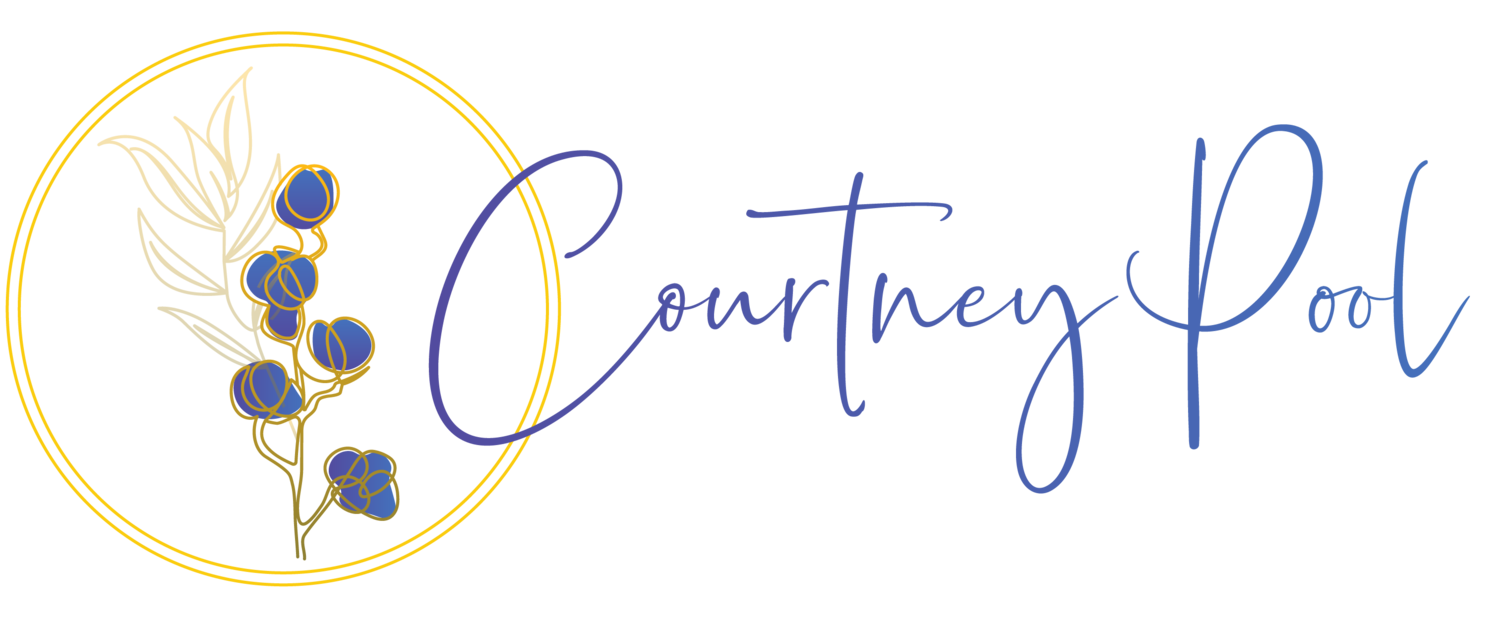Food Addiction and the Truth of Your Childhood
You developed compulsive eating as a child because you were not allowed to know the truth of your childhood.
When you were a child, your caretakers didn't allow you to see the truth.
They didn't allow you to see what was really going on, understand it, nor have feelings about it.
It is natural, in this kind of environment, for children to turn to food as a way to numb out and comfort themselves so that they can meet these demands for denial from their parents.
If anyone in your childhood truly wanted you to see the truth of what was happening in the family, and if they allowed your feelings about it and a safe, supportive environment for the family as a whole to heal, you'd never have turned to food.
Even now, as adults trying to heal food addiction, we are usually still trapped in this dynamic with our parents.
They still have a feeling that you are not allowed to see the truth of your childhood and the continued current dynamics in the family.
The difference is, as a child you had to take on overeating to cope, because fulfilling this demand for ignorance of the truth was a part of survival, psychologically and in some cases, physically.
Now, we can say “No!” to this demand from our parents that we stay in denial along with everyone else. We can seek the truth.
The truth always brings up buried painful emotions: anger and rage, shame, fear and terror, hopelessness, grief and pain. This is normal, and we can survive our painful emotions. Feeling is healing.
In the vast majority of cases, parents respond very, very badly to their adult children seeking truth. This is not your fault; this is also normal. You may need more boundaries based on their bad behavior.
Unlike when we were children, we don't need denial to survive anymore. In fact, now, denial will be the thing that kills us if we continue with it.
You had no choice but to start compulsively eating as a child to stay in denial about the truth, as your family demanded you do. But now, we can make different choices and heal ourselves.
Photo by Andreas Brun via Unsplash

